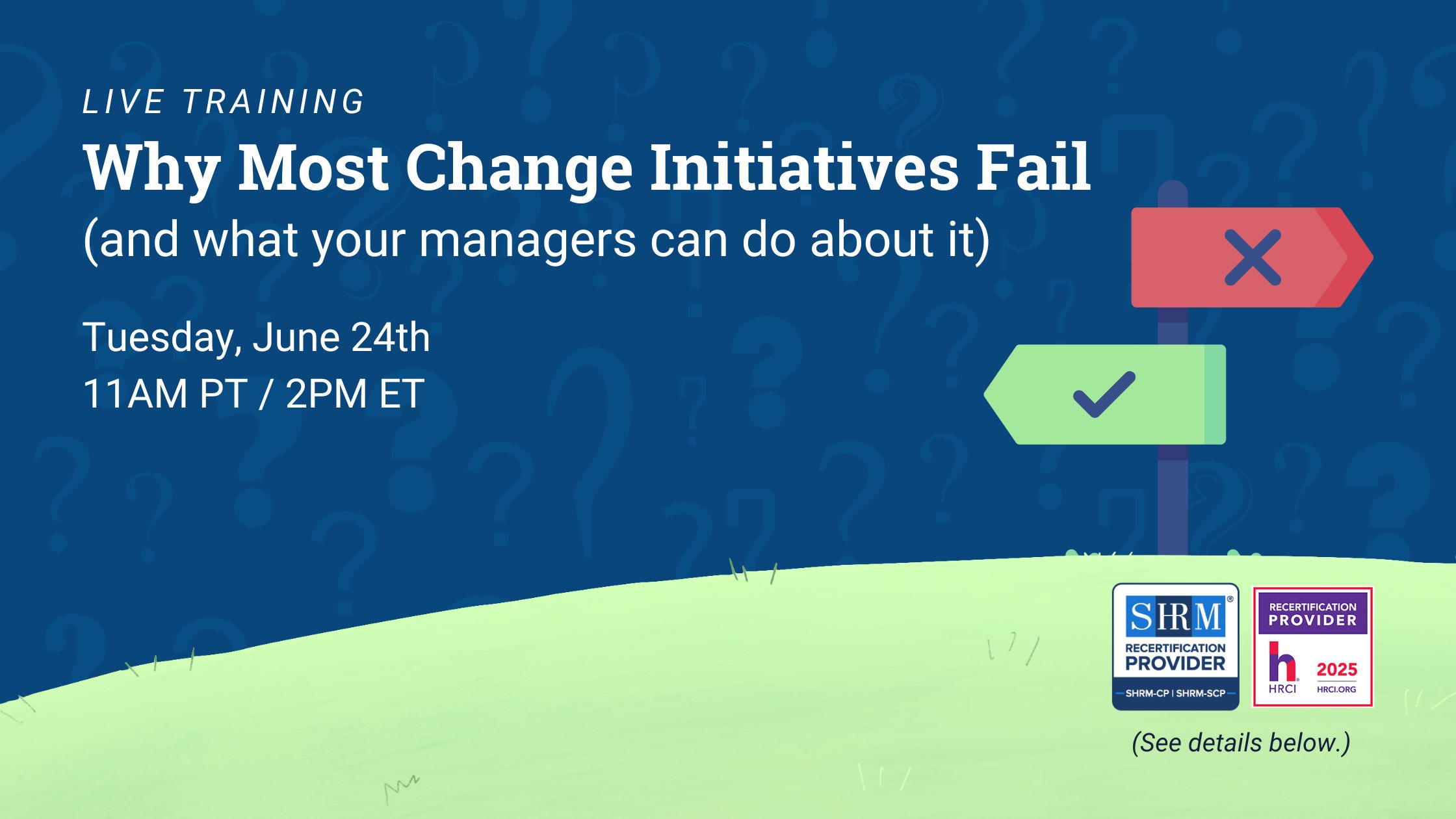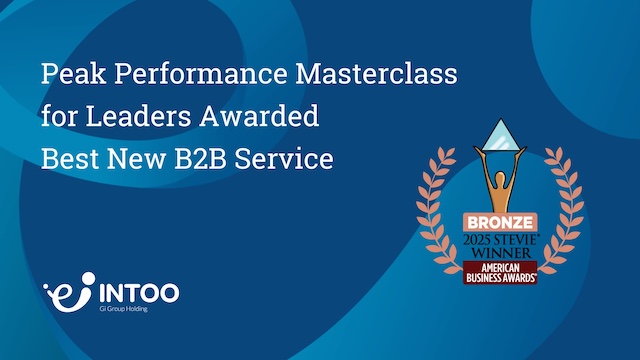Employee learning services and platforms such as LinkedIn Learning, Skillshare, and other online course providers have grown in popularity. Before jumping on that bandwagon, employers need to ask whether a self-directed learning approach will help the employees—as well as the organization—achieve their goals, or if additional guidance from a career coach could make a more significant impact.
Benefits of Employee Learning Platforms
Employee learning platforms are popular for a reason. There is little to no effort required to purchase and roll out the service within an organization. They’re not terribly cost-prohibitive. The platforms can provide a benefit for employees who are motivated and interested enough to make use of a self-directed program. Those employees who know what they want and need can search for classes that can help them boost their skills or learn new ones. Because the courses are on-demand, employees can do them at their own pace, on their own time.
But do these resources offer what most employees really need? Such as an objective, outside perspective, feedback on blind spots, and guidance to not only help them reach their goals, but also determine which ones to pursue? Let’s take a look at the elements of career development that many employees need assistance with, and how self-directed employee learning platforms stack up against career coaching programs.
What Are the Key Elements of Employee Learning?
Self-discovery
Before an employee can take meaningful action toward expanding or advancing their skill set, they must first identify what needs to be learned or improved. While some of this input can come from a direct manager or peers, an excellent way to uncover strengths and weaknesses in both hard and soft skills, plus interests and values, is by taking assessments. Some assessment tools can be found online, however the individual is left to not only interpret the results on their own, but also to determine the next steps. This is a shortcoming of self-directed assessments.
To make the most of the tools, a career coach can help analyze the results of the assessments in a more holistic and unbiased way. The career coach will bring their own expertise to the guidance they offer. Also, the discussions they have with the employee can dig deeper and unearth details about their experience and professional desires that result in more personalized recommendations.

Career strategy
Once an employee knows their strengths, weaknesses, aspirations, and interests, they need a plan to carry these learnings forward. A step-by-step plan of action can help an individual set goals large and small. The plan might include courses, specific assignments, and projects individually, interdepartmentally, or with a mentor.
But what if the individual isn’t a self-starter or doesn’t know where to research what they should do next? What if they’re unclear about their goals and what they need to do to attain them? This is where a career coach can be helpful with career development. A coach can work with the employee to create a personalized career development strategy and plan to help them work toward and achieve their goals. Having a coach available at touch points throughout their development and whenever they have questions can also be motivating and encouraging, and can increase the probability of the employee accomplishing their goals.
There are benefits to the employer of using a coaching-focused program to help growing leaders create a career strategy to meet their development goals for the organization. This can aid with succession planning, change management, engagement, and more.
Upskilling and reskilling
Nowadays, there are ample opportunities for on-demand learning, making it possible for almost anyone to take a class in a variety of subjects on their own schedule. When an employee knows exactly what they want to learn, and knows what they can expect to get out of a particular course, this type of learning can be convenient and useful.
However, not every employee will know what courses may be most useful in helping them reach their career development goals, whether they be around improving job performance or learning a new skill. They might spend valuable time on a course, only to find that it did not serve its purpose. In addition, not all employees are the same type of learner. Some people do better with live learning and interactivity, and so employees with this preference may not even choose to take advantage of this investment. And those who do may not receive the maximum benefit from solo learning.
This is where a career coach can be extremely helpful. Through discussions with the employee, a coach can provide personalized recommendations of particular courses and other avenues to learning most suitable for the employee’s goals and learning style.
 Feedback
Feedback
A self-motivated employee can make their own career development plan, identify their skills and interests, and make progress towards accomplishing their goals on their own.
However, for many, this approach is challenging. One may understand the steps they need to take, but not know whether they are doing them correctly or if they are improving. They may experience frustration and not have anyone to confer with to determine a way forward. And if it seems like they can’t make progress on their own, they may not continue toward their goals. Still others may have blind spots about the areas they need to work on. For those employees, working independently toward their own goals may hinder their development.
A career coach is essential for providing regular feedback to an employee throughout their career development. They can offer different strategies to work through challenges, unbiased feedback, and encouragement and motivation that helps the employee to keep going. With someone to rely on in their corner, employees can feel empowered and excited to make their aspirations with their employer a reality. This approach can also be a more rewarding investment for the employer, who will benefit from improved performance, engagement, and productivity on behalf of their employees.
Is Self-Directed Employee Learning Enough? Not for Most.
As you’ve read, self-directed career development can be useful for those employees who are self-starters, and who know the exact resources that will set them on a path to progress and meeting their goals. But for most employees, at some point in their career development journey, they will need the assistance of a mentor, strong leader or career development expert who can be instrumental in their success. By starting their development with a career coach at the outset, you can ensure their engagement in their learning and set them on a productive path toward growth and improvement. INTOO’s coaches help employees in every stage of their career develop strategies to meet their goals, while employers reap the benefits of increased engagement, productivity, and retention. Learn more about how our career development programs can benefit your company.
Robyn Kern is a seasoned business writer who has written in the HR, education, technology, and nonprofit spaces. She writes about topics including outplacement, layoffs, career development, internal mobility, candidate experience, succession planning, talent acquisition, and more, with the goal of surfacing workforce trends and educating the HR community on these key topics. Her work has been featured on hrforhr.org and trainingindustry.com.


 Feedback
Feedback








